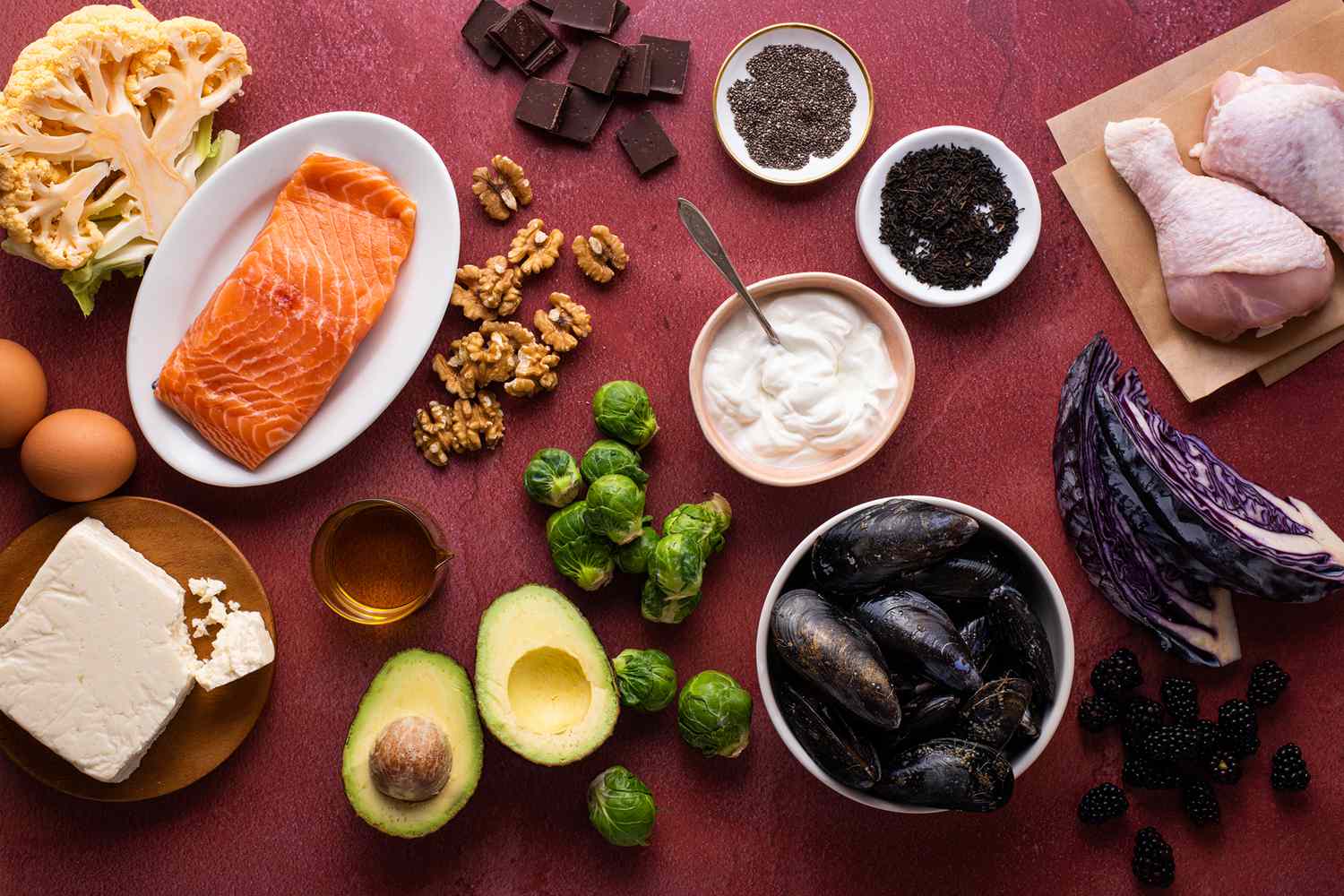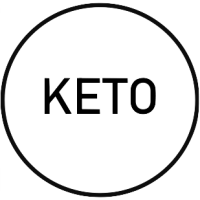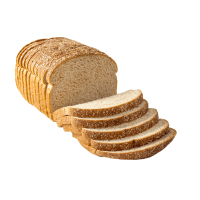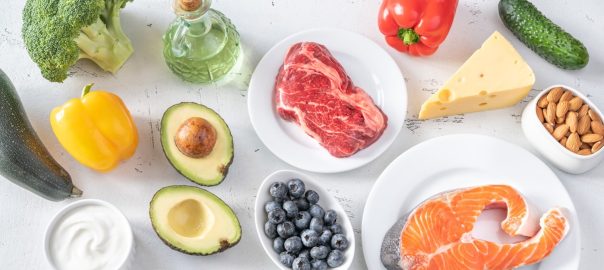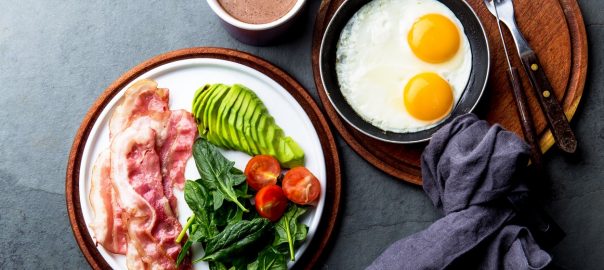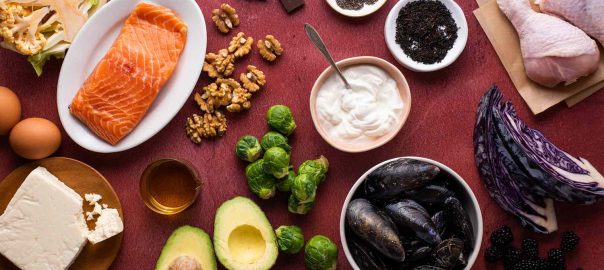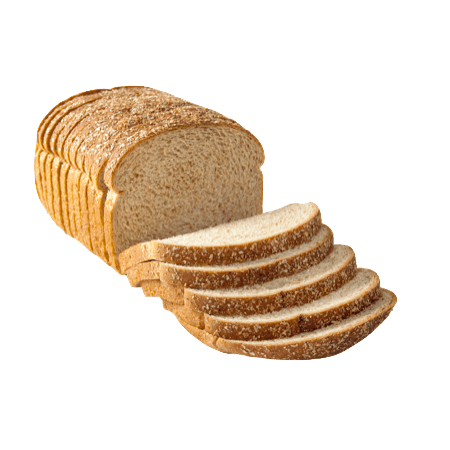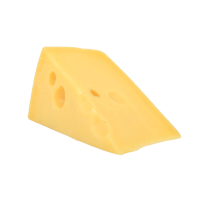What to Know about the Keto Diet
Learn what it means to get started on the ketogenic diet
There are all kinds of different ways you can take steps to improve your overall state of health and well-being. Regular exercise is always a great idea, as is keeping stress levels under control, but nutrition and healthy eating should be a top priority for everyone. The ketogenic diet can offer many health benefits, but how does this approach really work?
It’s no secret that the typical North American diet is high in carbohydrates and often consists of many types of processed foods. Time and time again, research has proven that these are major contributing factors to a wide range of health risks, including obesity, heart disease, high blood pressure, high cholesterol, diabetes, and more. Shifting the focus of nutrition away from carbs and processed foods over to more high-protein, high-fat, and natural whole foods can bring about a big change in the health of a person. To do this in a structured way, special diets have been designed using extensive testing and application. One such approach is the ketogenic diet.
The keto diet, as it is commonly known, has surged in popularity in Canada in recent years due to the dramatic results that vocal advocates of this approach to nutrition have experienced. However, there remains some skepticism about how it actually works from people who are new to the concept of high-fat and high-protein eating. For many years spanning across generations, the message pushed by many was that ‘fat is bad’. In reality however, it’s not quite that simple. Some fats are not healthy, it’s true, but these are mainly the saturated and trans types of fats. On the other hand, monounsaturated fats and polyunsaturated fats have both been shown to have health benefits.
So, how do fats and carbs relate to the actual mechanics of the ketogenic diet? Before we get there, we must state the importance of consulting with your doctor prior to undertaking any major dietary changes. As each individual will have a different experience, it’s vital to consider your past health history and current state of well-being to determine if a low carb, high protein, high fat diet is suitable for you. Now, with that taken care of, let’s get going and explore what defines the keto diet and get right down to the facts about how it affects the way the body powers itself.
What is the Ketogenic Diet?
When eating a typical North American diet, we rely on glucose in the bloodstream as a source of fuel to keep our body powered and functioning. This glucose is created by the digestion and absorption of carbohydrates of various types. However, the body has another way of fueling itself that does not rely on carbohydrates. Fat molecules can also be used as a source of energy, but because carbohydrates are easier to burn, the body looks for carbs first before switching over to fat burning.
The ketogenic diet centers around the principle that if you reduce your intake of carbohydrates enough, the body will naturally switch to fat-burning mode in order to keep itself functioning properly. When this happens, the body enters a state known as ‘ketosis’, where fats are processed by the liver to produce molecules called ketones. Ketones are burned in much the same way that glucose molecules are, resulting in the necessary power the body needs to do everything it needs to do.
Keeping the body in this state of ketosis is the trick that makes the keto diet work to lose weight and provide other associated health benefits. Getting the body into ketosis at the beginning can take time as the body adjusts to the new balance. Some people enter ketosis in about 2-3 days, whereas others may take a week or more. Once achieved, it’s important to stay in ketosis for the diet to work as intended. To maintain ketosis, you’ll need to keep carb intake to a minimum, as a sudden surge of carbohydrates and the presence of glucose in the body can cause it to revert back to sugar-burning mode. Once this happens, you’ll have to re-adjust your diet again over a few days to get the body back into ketosis.
Are Keto Diets and Low Carb Diets the Same?
It’s not unusual for some people to mistakenly refer to the keto diet as the low carb diet, and vice versa, however they are definitely not the same. While both focus on a reduction in carbs, the typical low carb diet will not see the body entering a state of ketosis. As a general guideline, most low carb diets focus on keeping carb counts down to about 100-150g per day or fewer. On the keto diet, carb counts are strictly limited to less than 50g per day to maintain ketosis.
In addition, the keto diet also places more emphasis on fat intake than the low carb diet does, whereas the low carb diet leans more towards protein. This is because an excess of protein in the diet can cause disruptions to the state of ketosis. To avoid this, it’s recommended that keto dieters keep their daily protein consumption down to about 20% of their total daily calories.
What Are the Health Benefits of the Keto Diet?
The primary reason most people on the keto diet have chosen to follow it is to gain better control over weight and achieve their weight loss goals. The keto diet is an effective way to do this, as the focus on foods that provide long-lasting energy and better satiation of appetite will reduce overall calorie intake and make it easier to avoid overeating. High-fat and high-protein foods keep you fuller for longer, resulting in fewer snacks and smaller portions with greater nutritional value. Controlling weight through the keto diet is a good way to reduce the risks of related health conditions such as diabetes, heart disease, and high blood pressure.
In addition to these considerable health benefits, the keto diet also has been shown to improve overall energy levels and vitality. Feeling better through nutrition helps lead to elevated mood, reduction in stress levels, better sleep quality, and many other related health factors. For these reasons, it’s easy to see why the keto diet holds so much appeal for people looking to make a positive change in their state of health and well-being.
Foods to Avoid on the Keto Diet
Much like the low carb diet, you’re going to want to avoid several categories of foods that are typically high in carbs and sugars. These include:
- Candy, sodas, and sugary foods
- Grain products, wheats, flours, and starches
- Legumes and beans
- Root vegetables like potatoes
- Low fat alternative products and condiments
- Processed oils and processed fats
- Beer, wine, and other alcoholic beverages
Essentially, you’re going to want to very closely monitor any foods that have carbohydrates in them as they can quickly add up each day to exceed the recommended allowance to remain in ketosis.
The Best Foods for the Keto Diet
Fortunately, there are plenty of delicious and healthy foods that are ideal for the keto lifestyle. Whole, single-ingredient foods are a major focus of the keto diet, along with natural and unprocessed products. Here are some of the best foods for the keto diet:
- Meats and proteins that have relatively high fat content
- Beef, ham, bacon, chicken, turkey
- Unsaturated fats like olive oil, coconut oil, avocado oil
- Fatty fish such as salmon, tuna, and trout
- Whole eggs that are rich in omega-3 fatty acids
- Real butter, yogurt, ghee, and cream dairy products
- Unprocessed cheeses that have high fat content
- Green vegetables, asparagus, onions, Brussels sprouts
- Nuts and seeds such as almonds, walnuts, and pecans
- Coffee and tea without sweeteners or sugars
- Sugar-free seasonings and condiments
This is just a small sampling of the wide range of foods that are perfect for the keto diet. In addition to all these, there are plenty of pre-packaged keto-friendly foods available right here at The Low Carb Grocery. We’ve got a diverse selection of snack foods, breakfast foods, keto bars, breads, protein shakes, and baking supplies.
Browse our complete range of keto-friendly low carb products.
Get to Know More About the Keto Diet
If the idea of the keto diet has piqued your interest and you want to dive deeper, we’ve got several other helpful resources that you can use to find out more.
- Keto’s Lesser Known Health Benefits
- Weight Loss on a Keto Diet
- Tips for Combining Keto & Gluten-Free Diets
- Keto Diets & Fat Consumption
In addition, we’ve got an amazing collection of keto-friendly cooking ideas and recipes for you to explore! Here’s some highlights:
- DIY Guide to Keto Pizza Crusts
- Potatoes & Going Keto
- Keto BBQ Side Dishes
- Keto Candy & Soda Options
- Keto-Friendly Tacos
We hope that you’ve found this information helpful in your search for answers about the ketogenic diet, and wish you all the best in your quest for better health!
More Low Carb Lifestyle Articles
Top Snack Foods
Discover the ultimate guide to keto and low carb snacking! We’ve compiled our favourite snacks and sweets that are both delicious and diet friendly! From chocolatey treats to savoury bites, we’ve got something for everyone!
Zero Carb Foods
Maintaining a low carb diet can be challenging, but with the right foods, it doesn’t have to be. This article is packed with product recommendations to help you stay on course. Discover how to fully embrace a keto or low carb diet with delicious meals that satisfy every craving.
Is Going Low Carb Healthy?
Interested in making the switch to a low carb diet but worried about adverse health effects? Learn more about the role that carbs play in your diet and how they affect your overall health and fitness goals to determine if a low carb diet is the right choice for you.
30 Low Carb Foods
Looking for delicious and satisfying meals that fit into your low carb lifestyle? Explore our list of 30 healthy low carb foods, including pantry staples and specialty products.
Getting Started with Keto
The keto diet, as it is commonly known, has surged in popularity due to the dramatic results that people have experienced. However, there remains some skepticism about how it works from those who are new to high-fat and high-protein eating. Learn more about this diet here.





